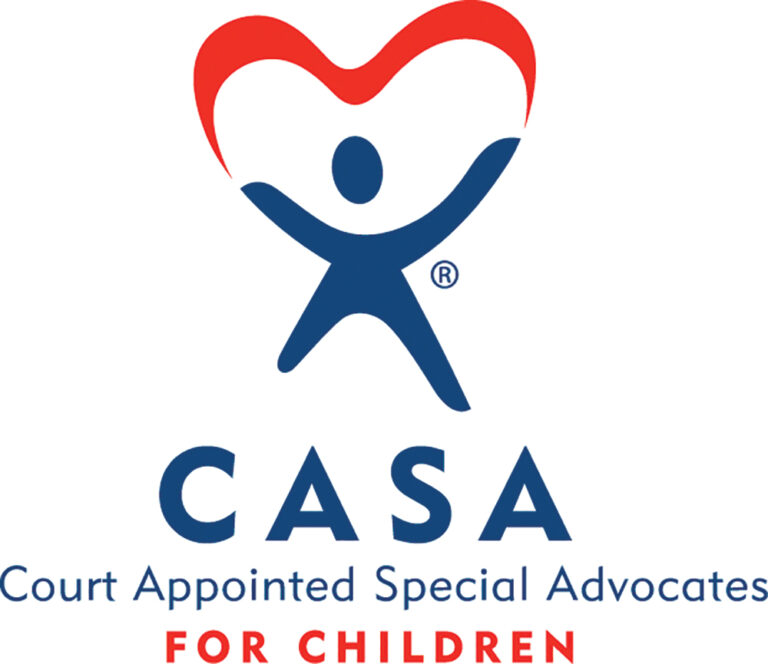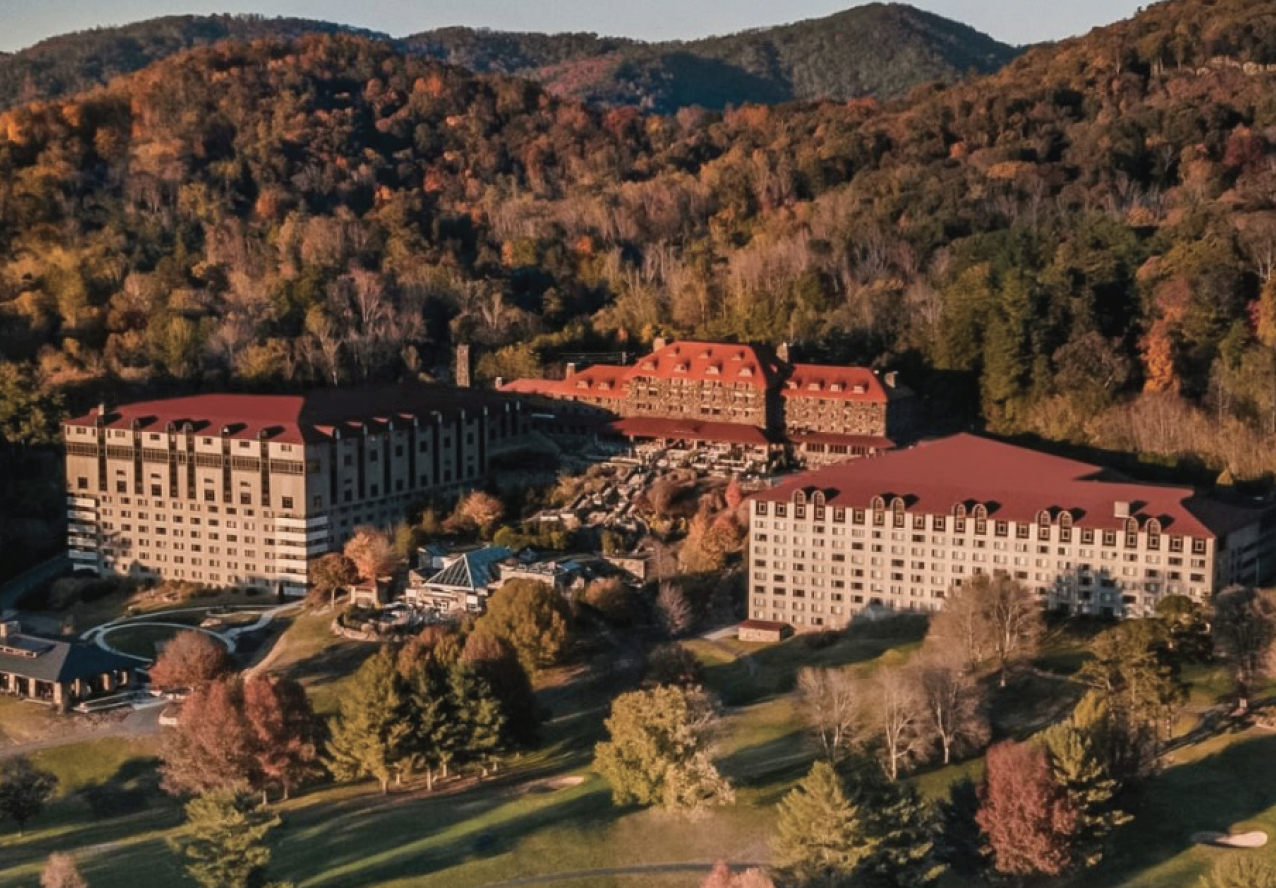The goal of the organization is to support court appointed volunteers to represent children who find themselves in the court system because of abuse or neglect from their parents or guardians.
A CASA volunteer, or simply “CASA,” gathers critical information from the child’s life to be used by the court when deciding the best home for a child where they can thrive and live in safety without fear. CASA is the only non-profit that doesn’t charge a fee to parents or families for their services.
Often times a child represented by CASA Monroe has suffered one or multiple forms of abuse. They are taken from their home situation, and while they are away, the goal of a CASA volunteer is to gather as much information as they can from the lives of the children and write a report for the judge.
A CASA will experience many aspects of a child’s life. They will interact with their foster parents or guardians, go to their school, talk to teachers, grandparents, family members, therapists, doctors, and anyone who may be in the circle of influence in that particular child’s life in order to supply a wealth of information to the judge that the court wouldn’t normally receive.
Children are often taken out of their homes and placed in several different homes before their case is closed. Many times, a CASA will be the only constant person a child has in their life when everything around them is changing. A CASA will remain with the same child until their court case has been closed out. CASAs love to visit their children, and enjoy bringing them an occasional special treat when they visit. They typically stay for an hour with a child in their current home and go back every three to six weeks to ensure everything is going well. In addition, a CASA also helps support the family currently caring for the child by doing things such as helping families apply for TennCare or food stamps.
CASAs are unlike volunteers at other organizations like Big Brothers Big Sisters, because the overall goal is to be an advocate for the child in court; however, that doesn’t mean there aren’t amazing relationships and bonds created through the process. The stories volunteers tell about their children are incredibly moving. The following is just one example of a typical case involving two children represented by CASA Monroe:
Five-year-old, Sarah, and three-year-old, Ashley, were removed from the custody of their father who was a raging alcoholic. One day, a Monroe County Sheriff pulled the father’s car over after noticing the car was weaving and going over the middle line – both children were in the back seat. It was then the Sheriff called the Department of Children’s Services, which then took the girls out of their father’s care. The location of the mother was unknown, as she had left the children right after Ashley, the youngest, was born. The children were placed with their paternal grandmother, and CASA was ordered by the Juvenile Court judge to advocate for the children.
When the grandmother had to go to the hospital because of a heart attack, the children were sent away to an aunt near the Tennessee-Kentucky border. CASA was also there. After several months, the aunt felt it was too emotionally stressful for her to keep the young girls, and so they were placed in foster care. During this time, the father refused to attend drug and alcohol rehabilitation. The stress of moving from place to place was showing in the girls’ behavior.
When Ashley bit one of the foster parents’ children, they asked that the girls be moved. On Christmas Eve day, they were placed in their fourth home since being removed from their father. They cried and cried, and the new foster parents felt they were disrupting their own children’s enjoyment of Christmas, so that night they were moved to a fifth home.
All during this time, the children’s CASA followed them. She brought them Christmas gifts, and when she arrived at their newest foster home, which was out in the country, Sarah said, “We’re so glad you’re here! How did you find us way out here?” Her CASA said, “Honey, I’ll find you wherever you are. Don’t ever worry about that!”
The CASA visited the children every few weeks, always bringing them a coloring book or puzzle or some little gift. Each time, the girls would run outside, squealing with delight to see her. By this time, the father was in jail for violation of probation, and the foster family was getting very attached to the girls.
In fact, they decided they wanted to adopt them. The father, who somehow knew he was not going to sober up, gave up his parental rights, and through the successful work of the Department of Children’s Services, the children were free to be adopted. Their CASA was invited to a celebration luncheon when the adoption papers were final and the girls, who once lived in great danger and deplorable conditions, were running and skipping in the yard of their new parents. The girls ran to their CASA, jumped in her lap and said, “You’ll still be coming to visit us, won’t you?” And, in fact, she still does.
The impact a CASA makes is immeasurable in a child’s life. Children who have endured heart-wrenching abuse and neglect receive a voice – someone who cares for them – in the courtroom.
CASA Monroe is always looking for caring advocates that love children. Requirements to be a CASA include being at least 21-years-old, passing a background check, and approximately 30 hours of training. CASA volunteers are simply ordinary citizens with extraordinary hearts.
On November 14 & 15, CASA Monroe will be holding its breathtaking, Festival of Trees, at the Tellico West Conference Center. Please mark your calendars to come out and support this wonderful organization. CASA Monroe is dependent upon the generous financial support of private individual, community, and church donors, as well as state funding. If you would like more information on how you can best support CASA Monroe, contact: Jodi Swiderek at [email protected] or call 423-442-2750.










